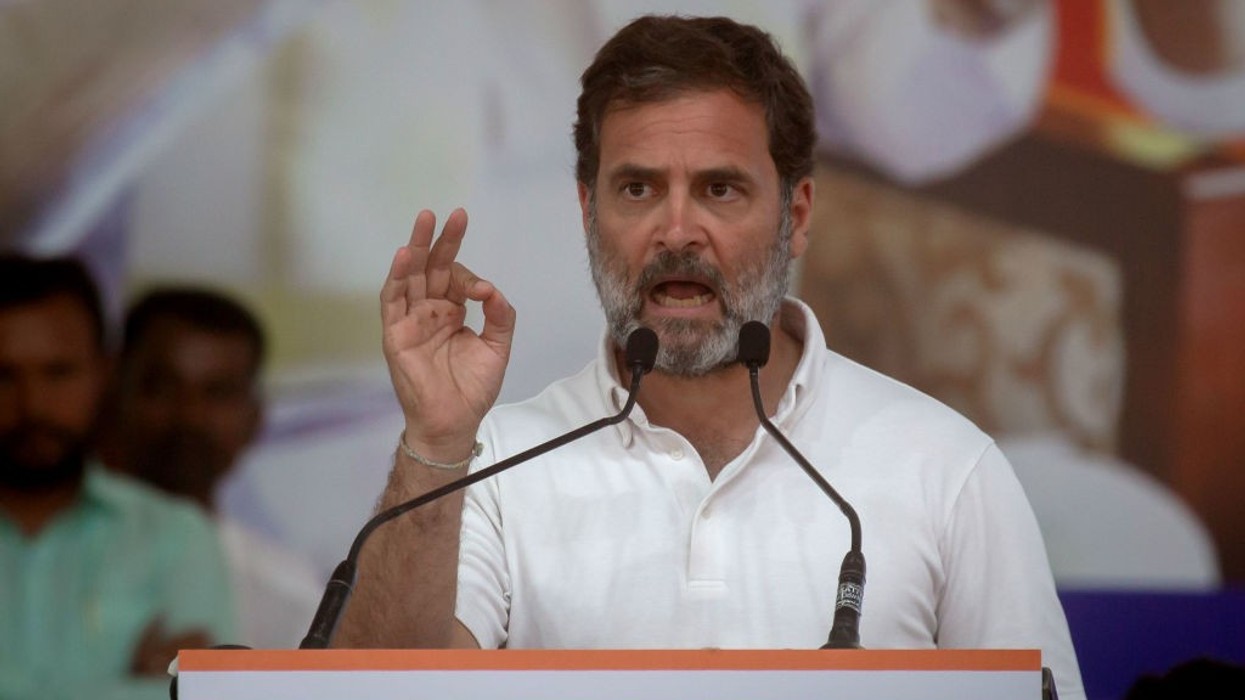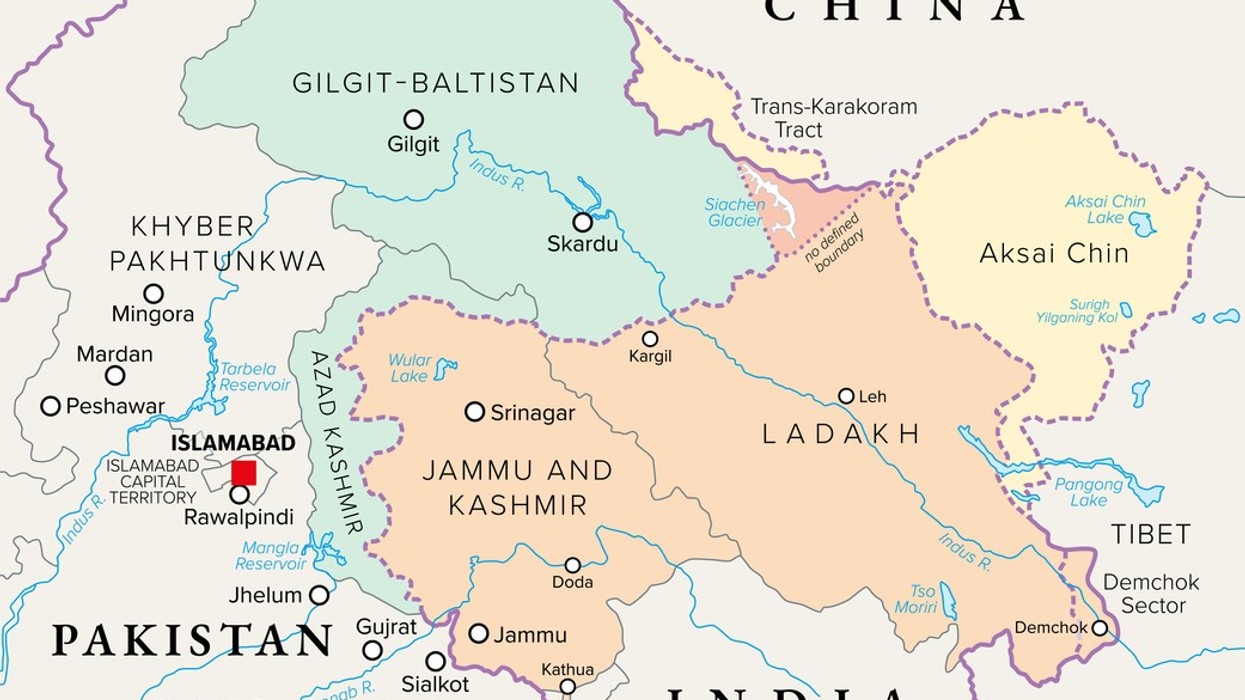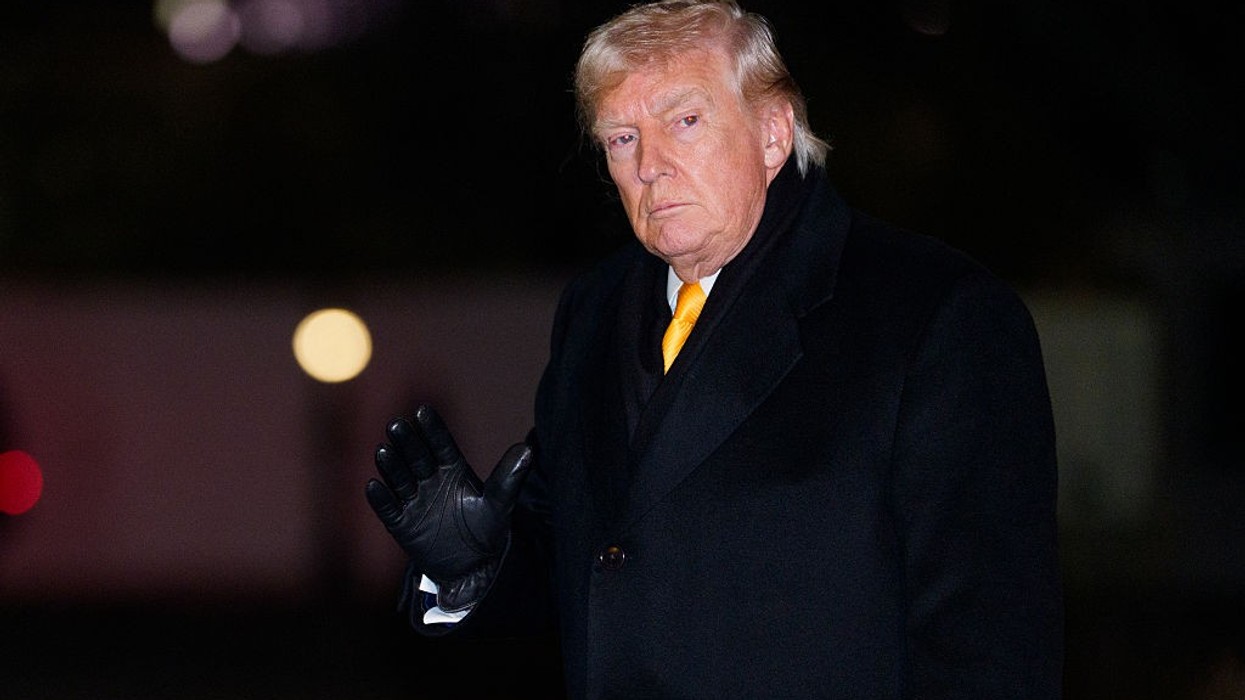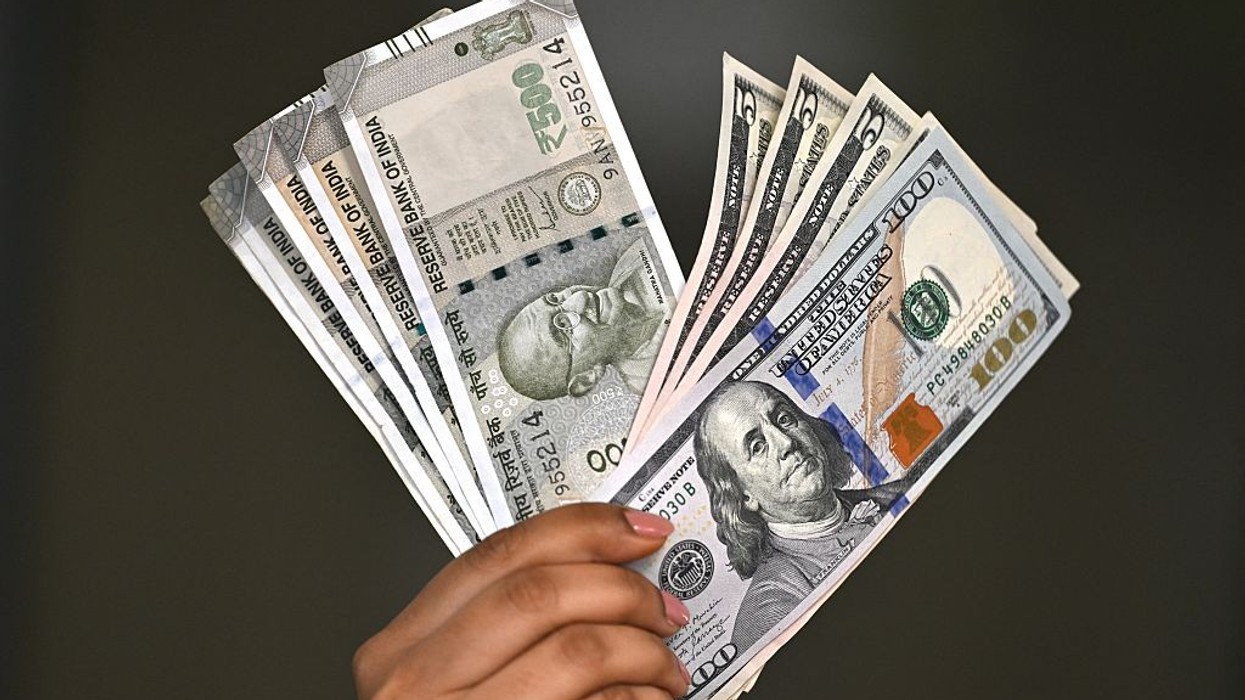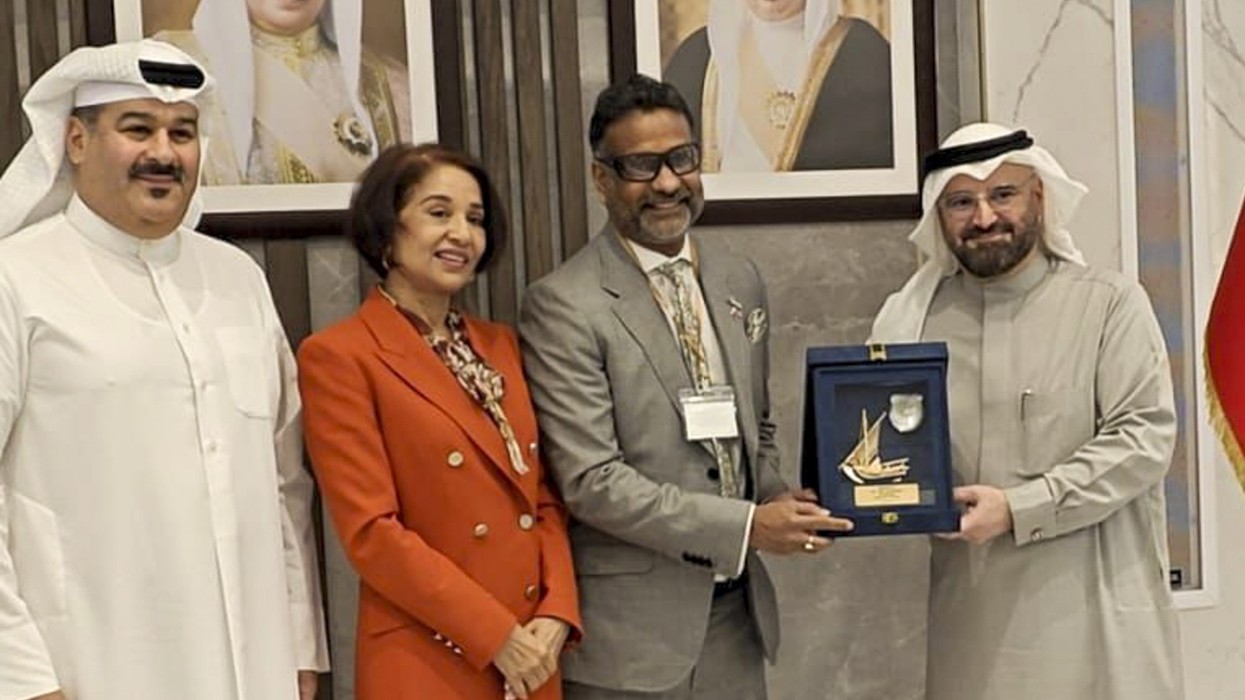Just hours after unveiling a sweeping set of 25 per cent tariffs and additional penalties on Indian imports, US President Donald Trump revealed a new trade partnership with Pakistan centered on the development of the country's untapped oil reserves. In an announcement made from the White House and amplified through his social media posts, Trump claimed the US and Pakistan are now collaborating to select a major oil company that will lead the exploration and exploitation of what he described as Pakistan’s “massive oil reserves.”
Details of the US-Pakistan oil partnership
Trump’s statement highlighted that the two countries are currently evaluating which oil company will be at the helm of this transnational partnership. While specific names or companies weren’t mentioned, he emphasized the scale of the prospective venture, framing it as a strategic opportunity not only for bilateral relations but also for the energy market in South Asia. Trump went so far as to suggest that, in the future, Pakistan could export oil to India: “Who knows, maybe they'll be selling oil to India some day!”
This announcement arrives at a delicate moment in South Asian geopolitics, especially in the wake of the punitive tariffs Trump imposed on India, citing the US-India trade deficit and India’s continued purchases of Russian oil. The oil partnership with Pakistan signals a recalibration of US engagement in the region, pairing hardline trade measures against India with bold investment overtures toward its neighbor and rival.
White House in overdrive: Global trade negotiations underway
Trump’s statements are hinting that the White House is actively pursuing and negotiating a flurry of new trade deals with countries around the world. He posted that he had spoken with various national leaders, all eager to make the US “extremely happy” through favorable trade terms. As part of this effort, Trump revealed upcoming meetings with South Korea’s trade delegation, pointing out that South Korea, currently facing a 25 per cent tariff, had presented an offer to reduce those tariffs, signaling willingness to negotiate more favorable access.
Similarly, Trump noted that multiple countries were approaching the US to propose offers for tariff reductions. He characterized these global efforts as a campaign to sharply reduce America’s trade deficit, assuring the public that these changes would be reported in a comprehensive update “at the appropriate time.”
India, Russia, and the geopolitical undercurrents
The timing and substance of the US-Pakistan oil partnership carry significant implications. The new agreement follows Trump’s imposition of tariffs and penalties on India, ostensibly in response to New Delhi’s ongoing purchases of Russian oil and weapons—a move the Trump administration has framed as undermining efforts to end the war in Ukraine. Meanwhile, India sharply criticized the tariffs, citing them as damaging to bilateral ties.
The announcement of the oil deal with Pakistan—long considered a close partner of China and a traditional rival to India—marks a notable shift in US strategic outreach in the region. By linking the development of Pakistan’s oil sector to American investment and diplomatic engagement, Trump appears to be recalibrating regional alliances while using economic levers to advance US interests.
Broader implications: Energy, trade, and diplomacy
The published details suggest the US is eager to solidify energy and trade partnerships that can diversify imports, potentially pressure rivals, and reduce its trade deficit. Trump’s remarks about the possibility of Pakistan selling oil to India evoke a future regional energy dynamic that could reconfigure established supply chains and influence diplomatic relations across South Asia.
As the White House continues to negotiate globally for more advantageous trade terms, Trump’s dual approach—tariffs against one regional power, investment in another—signals a transactional and assertive US trade policy. The final selection of an oil company for the US-Pakistan venture, along with forthcoming updates on broader trade negotiations, will be closely watched by industry analysts and policymakers alike as they gauge the long-term consequences for the region and beyond.


